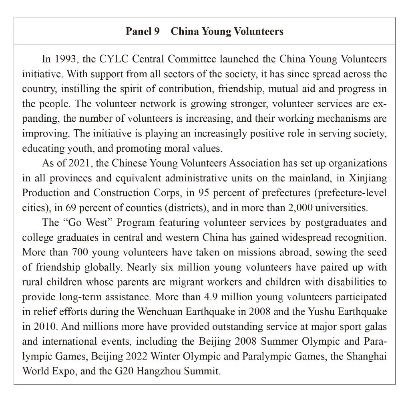丁花香成人社区:The Stadium: A Multifunctional English Language Perspective
- 简视报
- 2025-02-22 20:42:13
- 27
- 更新:2025-02-22 20:42:13
The stadium, a grand structure that epitomizes the spirit of competition and athletic prowess, is a focal point of any community. It is not just a place where sporting events take place but also an embodiment of culture, tradition, and technology. The significance of the stadium extends beyond its mere purpose of hosting sporting events to become a versatile hub that speaks multiple languages, including English.
The English language has become synonymous with international communication and understanding. In the context of stadiums, English plays a pivotal role in various aspects, from the naming of facilities to the management of events. The use of English in stadiums is not just limited to signboards and advertisements but also encompasses various other aspects that are integral to the smooth functioning of these facilities.
Firstly, the naming rights of stadiums often involve English language branding. Corporate entities and brands often sponsor stadiums and require their names to be displayed in English. This ensures a wide reach to a global audience, as English is widely recognized as a global language of business and communication. The use of English in stadium naming also reflects the international character of sports and the integration of different cultures.

Secondly, the interior of stadiums is filled with various signs and指示牌,多数使用英语进行标识,从座位安排到紧急出口,从设施介绍到赞助商信息,英语无处不在,这种标识的使用确保了观众能够方便快捷地获取所需信息,无论是本地观众还是来自不同国家的游客,赛事规则和运动员介绍等也常用英语进行说明,以确保公平性和国际理解。
Moreover, English plays a crucial role in stadium management and operations. From ticket sales to security, from event organization to player communications, English is often the common language used by professionals in these facilities. This ensures seamless communication between different stakeholders, including spectators, players, organizers, and authorities. The use of English in this context promotes efficiency and ensures that all parties are on the same page, regardless of their linguistic backgrounds.
Furthermore, the world of sports is increasingly globalized, and English plays a crucial role in broadcasting sports events. Many international sporting events are broadcast live worldwide, with English being the primary language for commentary and analysis. This allows a global audience to understand and appreciate the events taking place in stadiums across the world. The use of English in sports broadcasting bridges cultural divides and ensures that the excitement and thrill of sports reach people irrespective of their native language.
Beyond its practical applications in stadiums, English also plays a significant cultural role. English-speaking visitors to stadiums often seek out information about local teams, traditions, and events. Understanding English allows them to immerse themselves in the local culture and understand the significance of sports within the community. This fosters cultural exchange and understanding between people from different backgrounds.
In conclusion, the stadium is not just a place for sports but also a microcosm of international communication and cultural exchange. The use of English in stadiums is not just limited to signboards and advertisements but encompasses various aspects that are integral to the smooth functioning of these facilities. English plays a pivotal role in ensuring seamless communication between different stakeholders, promoting efficiency, and bridging cultural divides. As the world becomes increasingly globalized, the use of English in stadiums will continue to grow, fostering understanding, appreciation, and love for sports across the world.